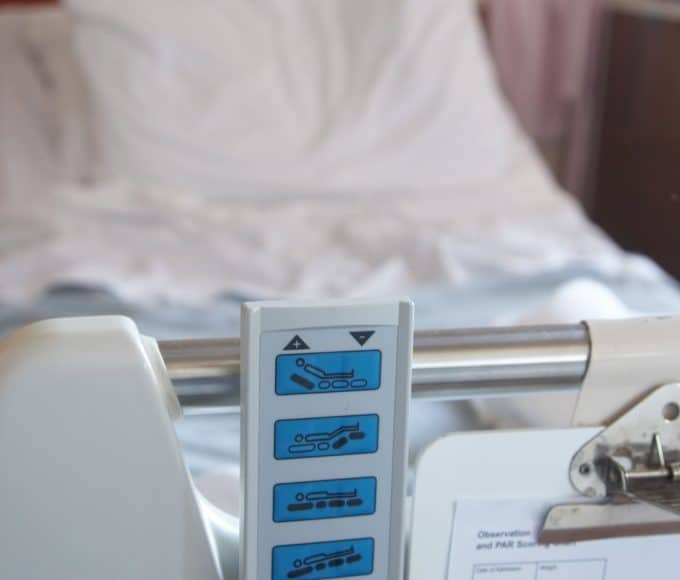Ever feel like your brain is running on empty by the end of the day, constantly overwhelmed by all the choices you’ve made? From what to wear to which tasks to prioritize, decision fatigue is real, and it’s something many of us face daily.
But don’t worry—there are easy ways to simplify your day, reduce decision fatigue, and start making smarter choices with less stress.
Let’s dive into some practical strategies you can try right now!
What Is Decision Fatigue?
Decision fatigue happens when your mind becomes overwhelmed from making too many choices. Over time, this mental exhaustion can make it harder to think clearly and make sound decisions.
Studies have shown that the more decisions we make in a day, the worse our judgment becomes. For example, research from the Proceedings of the National Academy of Sciences revealed that judges were more likely to grant parole earlier in the day or after a break, which shows how decision fatigue can impact even big decisions.
But here’s the good news: you can reduce this mental strain with a few simple techniques.
1. Set Up Routines to Simplify Your Day One of the best ways to reduce decision fatigue is by creating routines. When you already have a plan for your day, there’s less to think about. Try adopting a set morning routine or plan out your outfits for the week.
Famous figures like Steve Jobs and Barack Obama even wore the same outfits daily to avoid wasting mental energy on small decisions. According to The Journal of Consumer Research, limiting choices helps us feel less overwhelmed.
2. Prioritize Your Decisions Not every decision is equally important, so why treat them that way? Tackle big, important decisions when you have the most energy—usually in the morning or after a break.
For less critical choices, like what to have for dinner, set a time limit for deciding. This way, you avoid draining your brain with endless choices and focus your energy on things that truly matter.
The Eisenhower Matrix can help with prioritization by categorizing tasks into what’s urgent, important, or can be postponed. By distinguishing the high-priority tasks from the low ones, you’ll cut out unnecessary decisions.
3. Limit Your Options Barry Schwartz, in his book The Paradox of Choice, highlights that having too many options can cause stress and indecision. Instead of endless possibilities, give yourself just two or three options to choose from.
For instance, when picking a place to eat, narrow it down to a few favorites rather than scrolling through dozens of choices. Limiting your options helps you make faster, more confident decisions without feeling paralyzed.
4. Automate Everyday Tasks One of the easiest ways to avoid decision fatigue is by automating what you can. Technology can be a game changer here—use apps for meal planning, set reminders for routine tasks, or use calendar apps to schedule appointments.
Research in the Journal of Behavioral Decision Making shows that people who automate tasks tend to experience less decision fatigue because they don’t have to keep everything in their heads.
5. Practice Self-Care for Mental Recharge Finally, remember to take care of yourself. Mental exhaustion isn’t just about making decisions—it also comes from stress and burnout.
Regular physical activity, good sleep, and even a bit of meditation can help your brain stay sharp and ready to make better decisions.
In today’s busy world, decision fatigue is nearly unavoidable. But with a few simple changes to how you approach your day, you can reduce its impact.
Whether it’s setting up routines, prioritizing important tasks, limiting options, or automating where possible, these strategies will help you save mental energy and make decisions with ease.
Recommended – Why Spirulina and Chlorella Are the Superfoods of 2025














